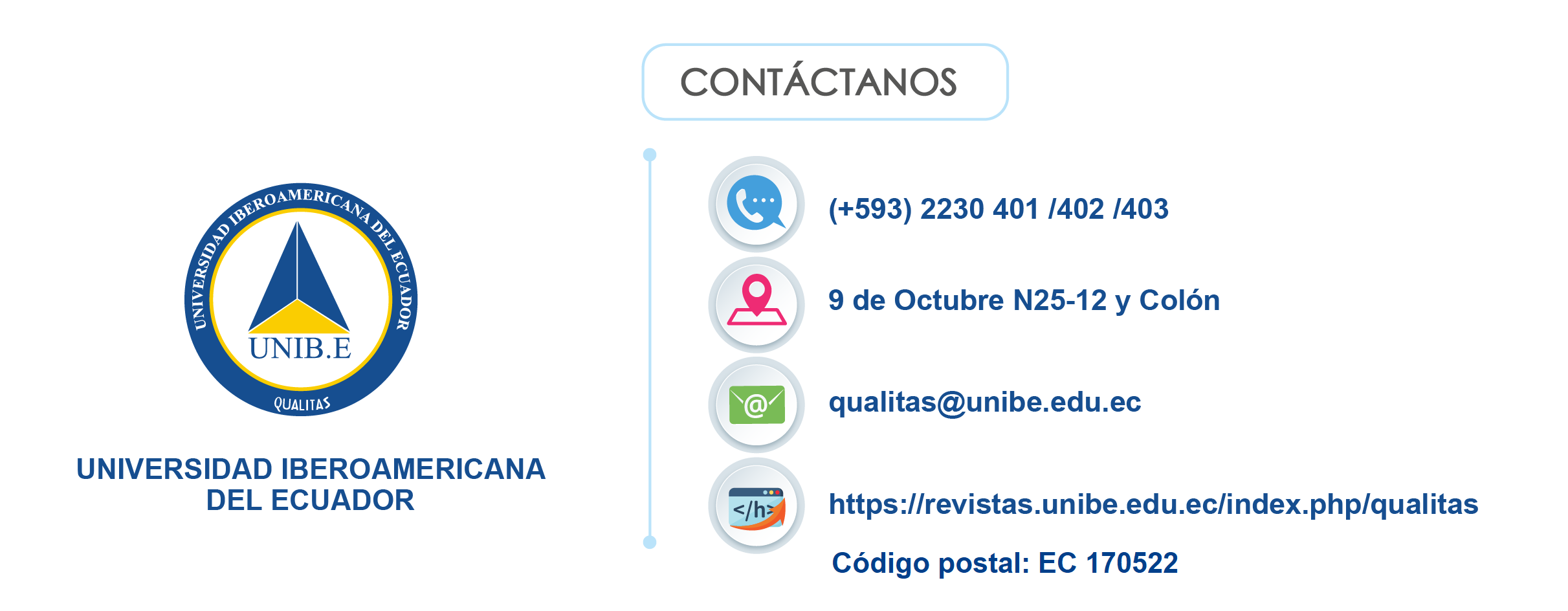Epistemic vision of free technologies
DOI:
https://doi.org/10.55867/qual22.08Keywords:
Systematization of Experiences, Free Software, Free Technologies, EducationAbstract
The proposal is based on a systematization of experiences with the aim of describing the experience of the professors and students of the Computer Science Degree Training Program for Management of the Bolivarian University of Venezuela based on the use of Free Technologies from 2019 to 2021 and thus reveal the difficulties, factors and contradictions in the use of Free Technologies, taking into account the technologies applied in the university educational environment. In this way, the proposal for the systematization of experience is made up of three moments: introduction, the epistemological of the experience and the initial categories and the methodological path of the systematization. Systematization is assumed as the method that will allow describing the experience, the epistemological current assumed to justify the method is Criticism. The systematization is oriented in seven steps, being: selection, elaboration of the proposal, description, theorization, anacritical, the report and dissemination. The systematization is in the during stage, that is, in the description of the event, among the results, it is considered that the topic of ICT and SL has been addressed by several authors, but in the case of LT, its concept has not been deepened, addressed through laws, decrees and other documents that support it, but not They perceive aspects from the educational point of view, there is little documentation of the experiences and orientations from the classrooms regarding the use or not of LT by teachers in the development of their educational practices.
Downloads
References
BBarrera, M (2010). Sistematización de experiencias y generación de teorías. Caracas: Quirón Ediciones.
Barrera, M (2008). Cómo elaborar proyectos urgentes. Bogotá: Quirón Ediciones.
Carvajal, L (2015). Fundamentos de Tecnología. En: https://www.lizardo-carvajal.com/que-es-la-tecnologia-libre/. Fecha de consulta: 03 de febrero de 2018
Carneiro, R; Díaz, T y Toscana, J (2011). Los desafíos de las TIC para el cambio educativo. Madrid. Editorial Santillana. En: https://www.oei.es/uploads/files/microsites/28/140/lastic2.pdf Fecha de consulta: 10 de noviembre de 2019.
Hurtado, J (2010). Metodología de la Investigación. Guía para la comprensión holística de la ciencia. Bogotá: Quirón Ediciones.
Ley N° 40.274. Ley de Infogobierno. Art. 5 (2013).
Rodríguez, A (2016). Aproximación a un Estado del Arte en el uso de las TIC. En: http://repository.pedagogica.edu.co/bitstream/handle/20.500.12209/2276/TE-19390.pdf?sequence=1. Fecha de consulta: 05 de enero de 2019
Tejedor, C (2016). Las analogías de la experiencia en la Crítica de la Razón Pura de Kant. Revista de Filosofía Factótum, 15,11-18. http://www.revistafactotum.com/revista/f_15/articulos/Factotum_15_2_Cesar_Tejedor.pdf
Torres, G (2014). Software libre: miradas desde la bibliotecología y estudios de la información. UNAM, Instituto de Investigaciones Bibliotecológicas y de la Información. México. En: http://ru.iibi.unam.mx/jspui/bitstream/IIBI_UNAM/L128/1/software_libre_bibliotecologia.pdf. Fecha de consulta: 10 de octubre de 2018
Oficina de Planificación del Sector Universitario (2012). La Evaluación en la Educación mediante las TICL. Venezuela: OPSU
Published
How to Cite
Issue
Section
License
Copyright (c) 2021 MSc. Eilyns Vanessa Reyes Hernández

This work is licensed under a Creative Commons Attribution 4.0 International License.



















